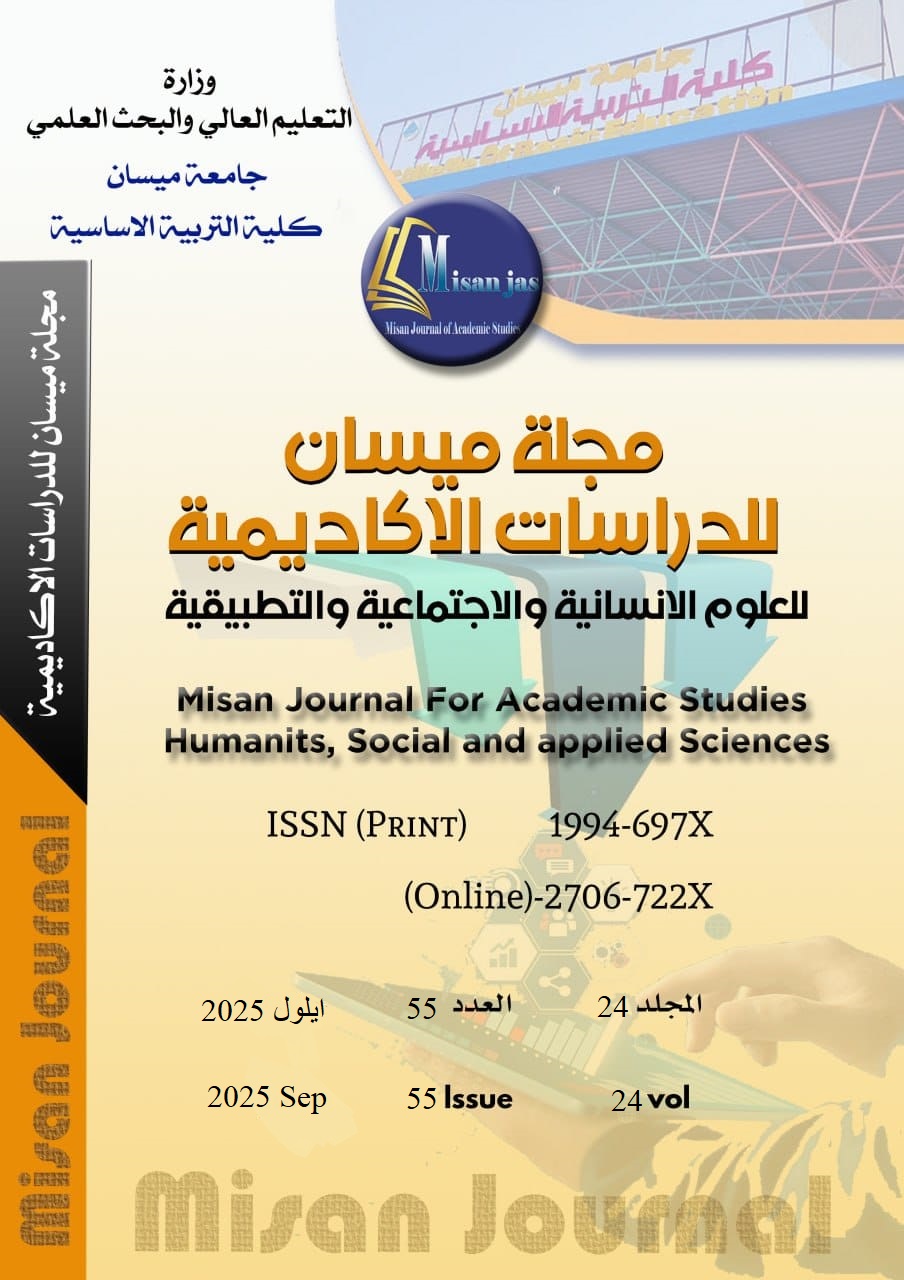Plantinga's Epistemological Justification for General Beliefs
Abstract
This research addresses the epistemological justification of general beliefs through Alvin Plantinga's thesis within the philosophy of religion and epistemology. It discusses the extent to which beliefs, particularly religious ones, require evidential support to be considered epistemically justified. Plantinga proposes an alternative to classical foundationalism and evidentialism through what he terms "Reformed Foundationalism," which allows certain basic beliefs to be self-justified, provided they result from cognitive faculties functioning properly in an appropriate environment. The research's significance lies in its critique of traditional models of epistemic justification, such as evidentialism and coherentism, which tend to exclude religious beliefs from the realm of rationality. This work distinguishes itself from previous studies by offering a complex analytical treatment that connects Plantinga's critique of classical foundationalism with his theory of warrant as a condition for knowledge, with an emphasis on its operational dimensions in the contemporary epistemological context. The study adopted a critical analytical methodology, comparing foundationalism, coherentism, and evidentialism with Plantinga's model of proper function, dissecting the conceptual underpinnings of his reformist project. It concludes that Plantinga adopts a modified externalist foundationalism, which holds that the justification of a belief does not necessitate infallibility, but rather the conformity of its production mechanisms to proper cognitive function. Furthermore, it posits the concept of "warrant" as a more realistic alternative to "justification," grounding it in a divine sense and epistemic virtues, thereby reshaping the relationship between reason and faith in a way that achieves a balance between philosophical critique and humanity's natural cognitive structure
Downloads
Copyright (c) 2025 (Humanities, social and applied sciences) Misan Journal of Academic Studies

This work is licensed under a Creative Commons Attribution-NonCommercial-NoDerivatives 4.0 International License.
The copyright is also the copyright of the magazine only.
All articles published in our magazine are subject to license terms
Creative Commons Attribution(CC BY-NC-ND 4.0) This license permits the content to be reproduced, redistributed and reused in whole or in part for any purpose free of charge, without any permission from the author(s), researcher or student.
Works submitted to Maysan Journal of Academic Studies for publication in the journal (CC BY-NC-ND 4.0) license terms. Where available content can be shared, distributed and replicated provided there is no commercial profit and appropriate credit must be given to the original source through sources or citations. It is mandatory to review any material used from other sources including shapes, tables, and images for re-use under the terms of the Creative Commons License (CC BY-NC-ND 4.0).Provided that there is no modification to the original content



